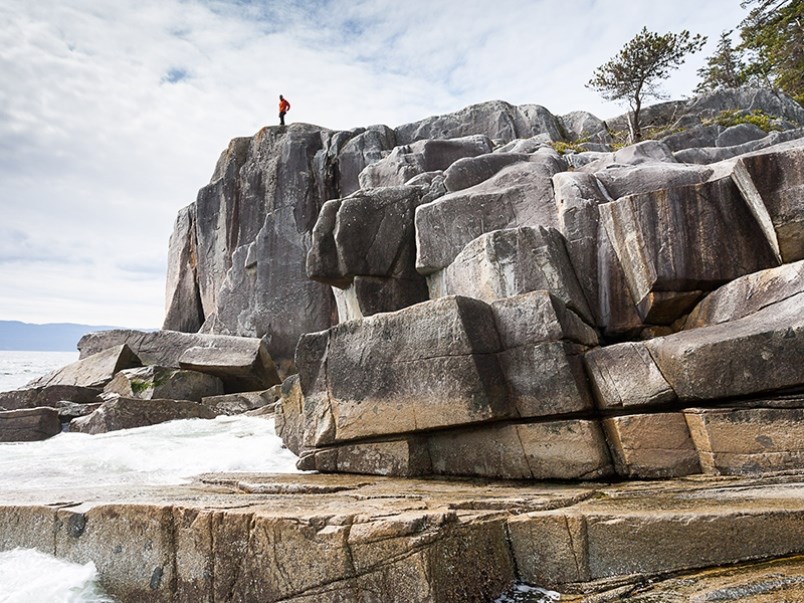Regional directors voted to postpone sending a decision on a parkland acquisition reserve fund to the qathet Regional District board.
At the committee of the whole meeting on December 12, regional district directors considered a motion that the committee recommend the board approach Friends of Stillwater Bluffs Society to lead a region-wide public engagement before deciding on any model for a parkland acquisition fund. When the motion was introduced, Electoral Area C director Clay Brander said he would like to move that the motion be postponed to the January 2020 committee of the whole meeting.
City director George Doubt said he has spent a lot of time looking at this initiative and that he thinks having a well-developed parkland plan is a good idea. Well-thought-out regulations and policies dealing with those things would be a good idea, too, he added.
“I’m in favour of postponing the motion,” said Doubt. “We have an opportunity to do some work between now and when it comes back. This gives us an opportunity to do more work and get more progress on this.
“What the motion is going to be talking about when it comes back is a tax increase for all the people in the region. We need to go about that very carefully.”
Committee chair Sandy McCormick said she believes it is the regional district’s responsibility to deal with matters concerning taxation rather than community groups.
Area B director Mark Gisborne said there was discussion in a staff report about introducing a parcel tax or a property value tax for parkland acquisition. He said he could not support a parcel tax. He pointed to a table in the staff report that looked at collecting a hypothetical $128,000 for parkland acquisition.
Gisborne said the impact of using a parcel tax is residents will have to pay $117,000, whereas if a property value tax is used, residents will have to pay $86,000, with the remainder of the $128,000 collected from other taxation categories.
“I don’t think a parcel tax is a fair way to go,” he said. “I don’t necessarily think we need to go to the Friends of Stillwater Bluffs to help us make this decision. We can just move forward to property value taxes.”
Gisborne also said one point of concern is that the staff report does not address the issue of the weighted vote from city directors.
“My concern is that the municipality, not necessarily right now, but in the future, could potentially use the weighted vote to offload their current parks onto the regional district, which would then allow us not to find new parkland,” said Gisborne. “That is a concern that has not been addressed in this staff report.”
He said he would like to see that matter decided by one director, one vote.
Chief administrative officer Al Radke said Gisborne was alluding to something that was far behind the scope of taxation, which was what was being discussed.
“That will have to be a different subject matter at a different date and time,” said Radke. “What we have is a service and what we have to figure out is how to put a taxable model into the current service.”



